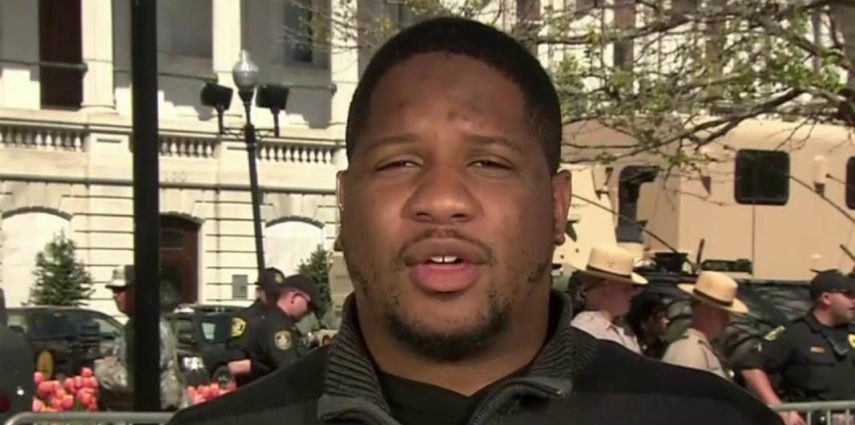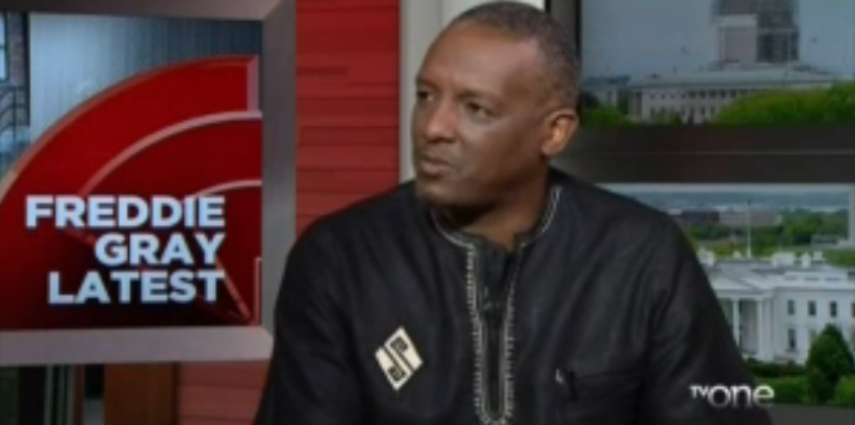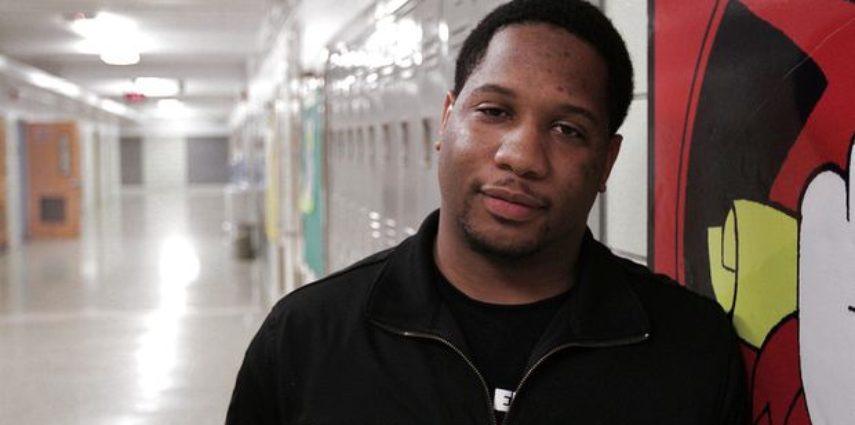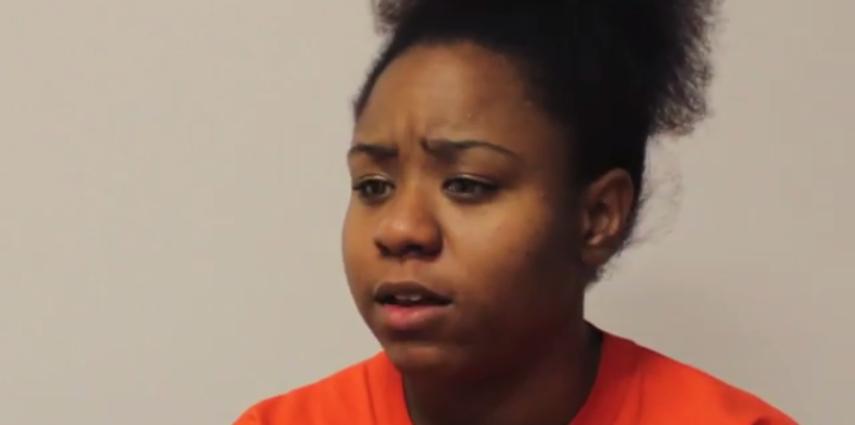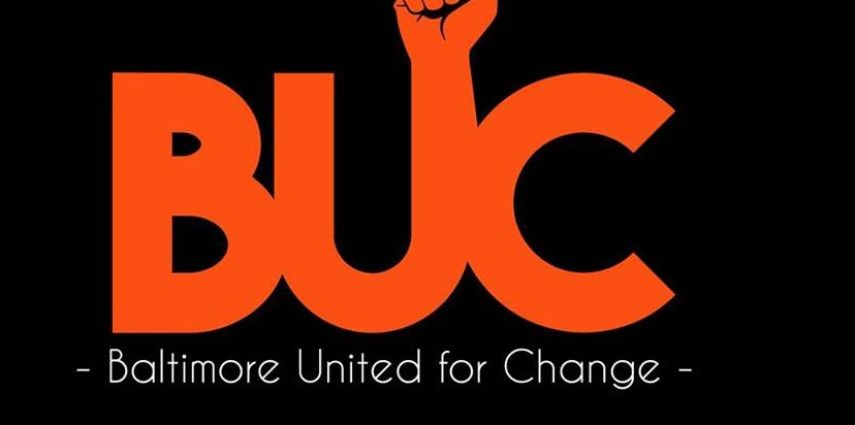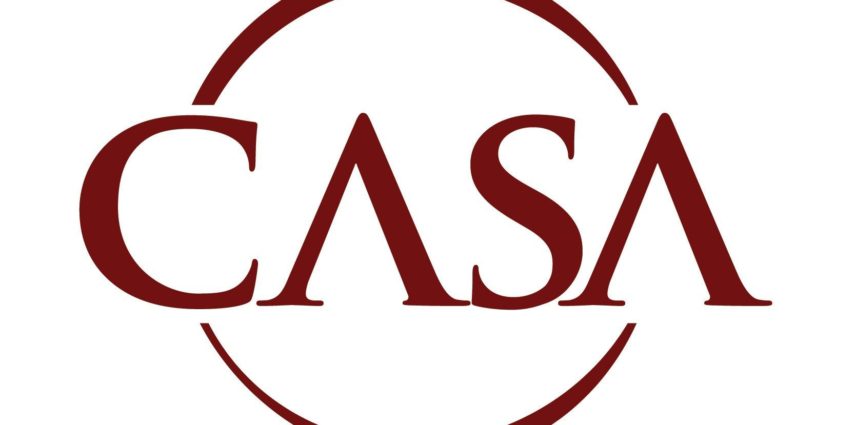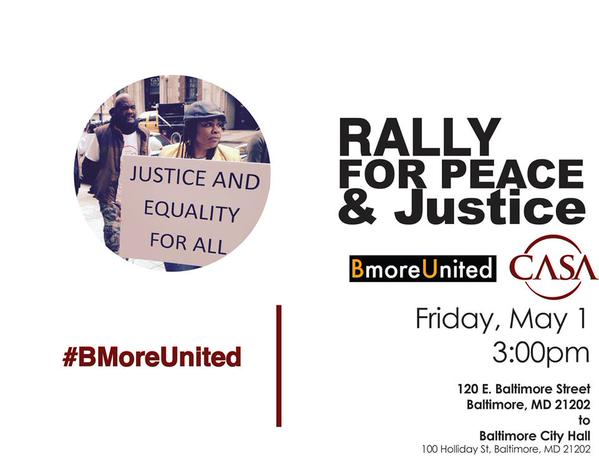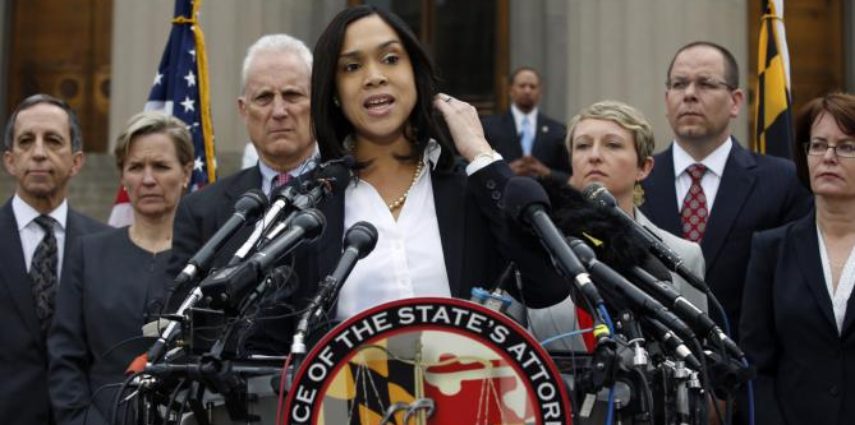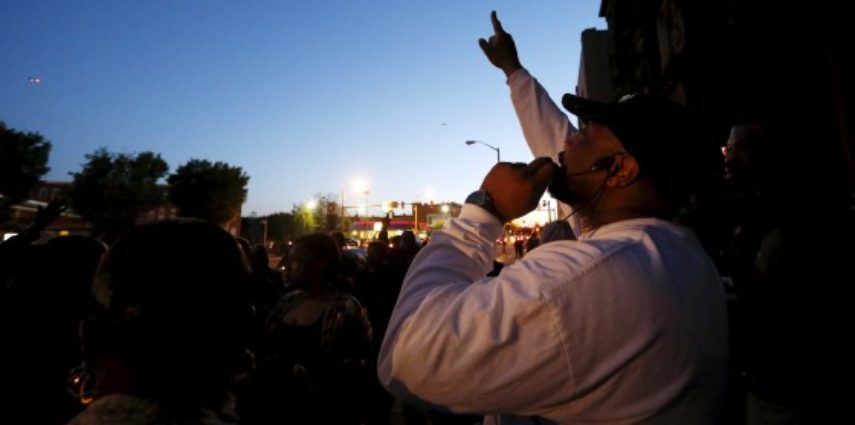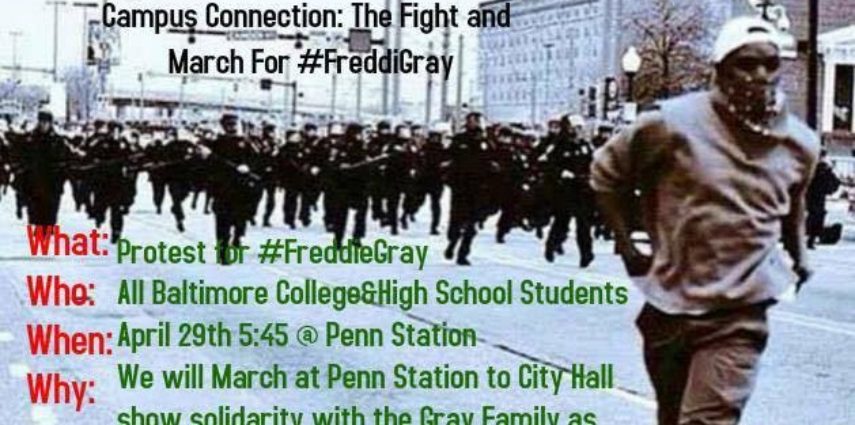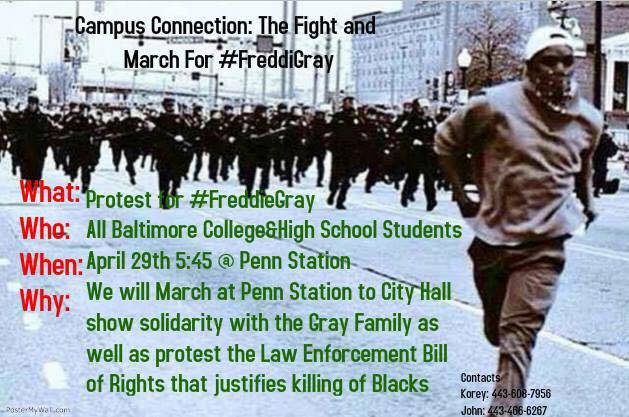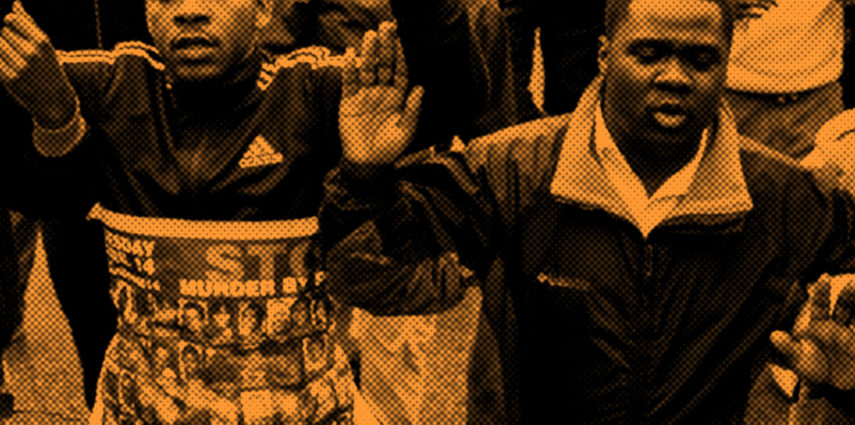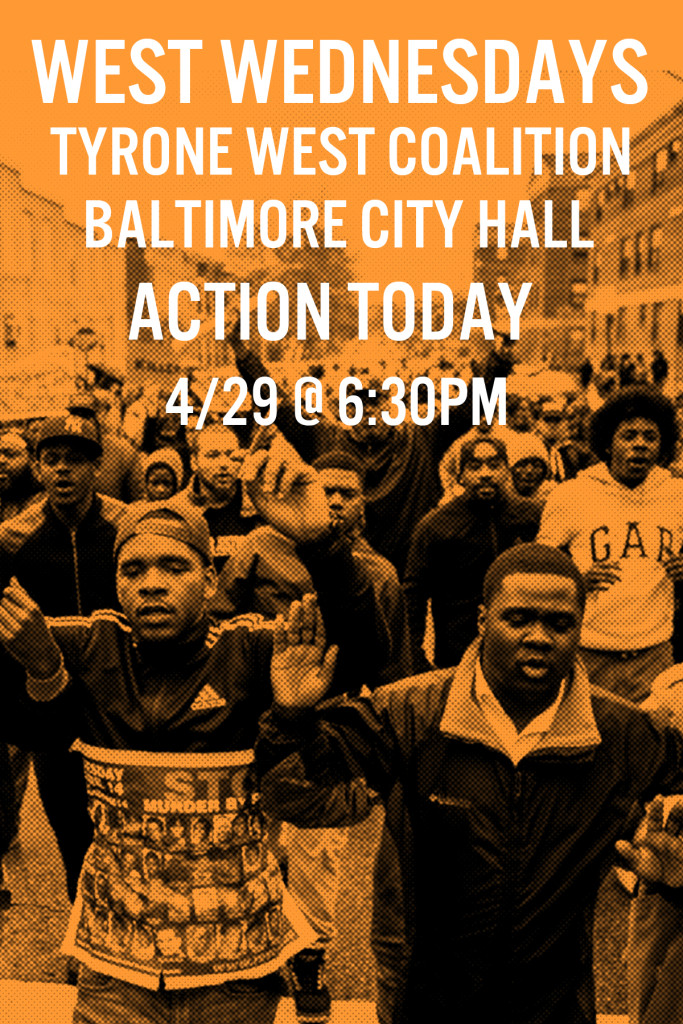Dayvon Love co-founder of Leaders of a Beautiful Struggle and member of the Baltimore United Coalition stated “Baltimore just shows the sophistication of white supremacy, and how it operates” on Saturday’s “Melissa Harris-Perry” on MSNBC.
Love said, “I think people reduce racism to individual white folks in leadership, black people who are succumbed to white folks, and I think Baltimore just shows the sophistication of white supremacy, and how it operates, how it takes black figures, put[s] them in institutional position,s to give the veneer of justice, when really the same institutional arrangement exists.”
Earlier, he argued, “I think there’s an important distinction to be made between our Mayor Stephanie Rawlings-Blake and our city State’s Attorney Marilyn J Mosby. Many people, I think, would say that our mayor is someone who has capitulated to the corporate structure of the Democratic Party, and many of the corporate interests in this city. And I think, as we see, what happens in our society writ-large is that oftentimes individual black people are put in positions of power or leadership in white-controlled, dominating institutions, which brings more black people into those institutional arrangements, which undermines our ability to develop a kind of communal, independent black institution-building as the basis of our work.”
Love also said that after the announcement of the charges brought against six officers in Freddie Gray’s death, “you saw black people out in the streets, celebrating, hugging each other. We actually went out there giving away food, and giving away pamphlets that had information about how to deal with law enforcement, just talking about the work that we’re doing, and getting people’s information. So, it was just such a beautiful scene, and to me, what was an amazing contrast, was contrasting that with the level of militarization around it. So, while you have all these black folks that are embracing each other, loving each other, affirming each other, in the presence of that, it almost seems like, you know, the institution of civil society doesn’t want us to do that, given all the military presence around.”

